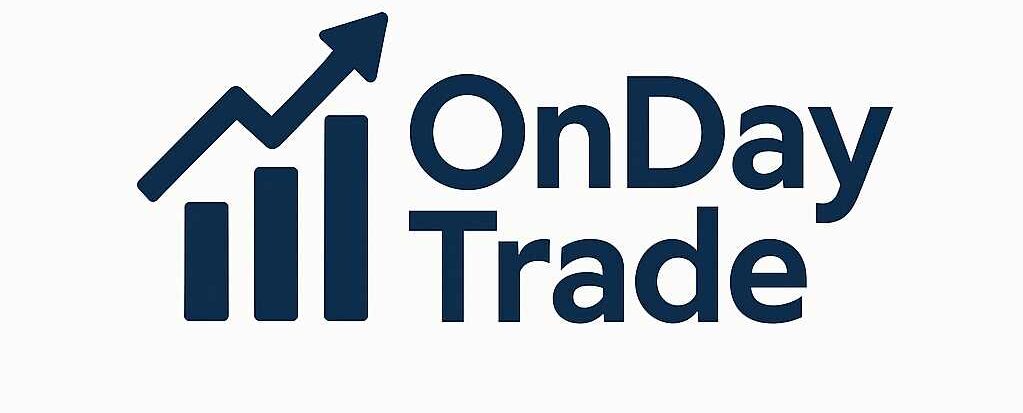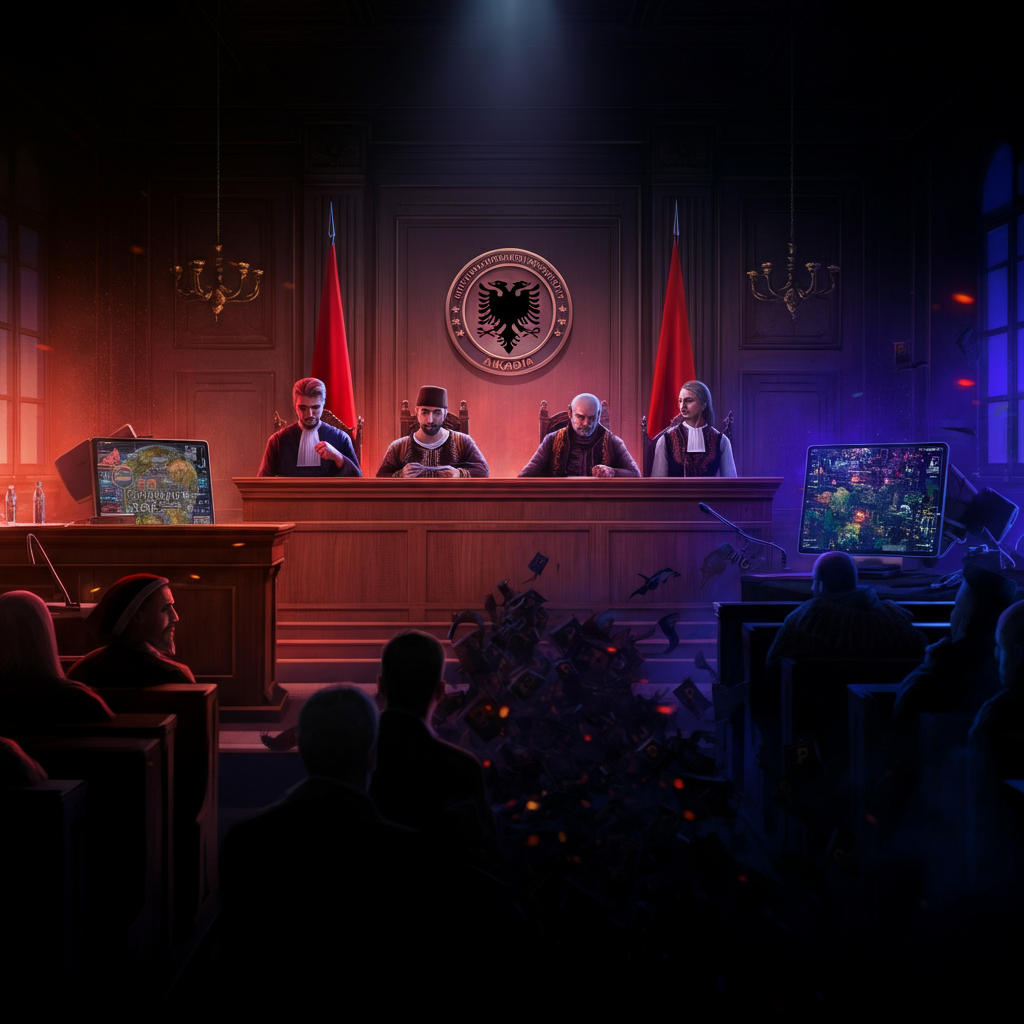Copyright and Online Piracy in Albania
Understanding copyright and the challenges of infringement is becoming increasingly important in a world where digital content is widely shared and consumed. Today, Albania is home to various organizations that are dedicated to protecting copyright using complex legal frameworks approved by the Ministry of Culture and the Ministry of Finance. However, conflicts between these organizations have left many creators and users navigating murky waters.
Let’s take a closer look at the current system for protecting intellectual property in Albania, as well as what copyright infringement entails, and the growing issue of online piracy.
Navigating Copyright in Albania
When it comes to legal protections for artistic, musical, and audiovisual works, Albania’s copyright system involves multiple agencies working to regulate the use of intellectual property. Here are two key players in copyright administration in the country and how they function:
SUADA Counter
If you’re using artistic, musical, or cinematographic works in Albania, it is essential to obtain authorization from the designated SUADA counter. This unique point of access is intended to simplify permission processes for individuals and organizations, allowing users to gain the necessary legal licenses for specific works.
AKDIE (Agency for the Collective Administration of Rights)
AKDIE claims to be the sole authorized agency responsible for managing the rights of Albanian performing artists. It holds a license to collectively oversee and protect the intellectual property of artists involved in the performing arts sector. With its license first issued in 2008 and renewed every three years, it remains a pivotal body shaping the copyright landscape.
Yet, an ongoing legal conflict exists between SUADA and AKDIE. Despite the litigation, both agencies are officially licensed by the Ministry of Culture, meaning media companies are often required to pay both entities until court decisions bring further clarity. This situation not only causes confusion but places an additional financial burden on individuals and businesses.
What is Copyright Infringement?
At its core, copyright infringement is the unauthorized use of someone else’s intellectual property. It commonly involves stealing or misusing an original creation in music, film, literature, or other art forms for personal or monetary gain without the creator’s consent.
To truly understand copyright infringement, it’s critical to distinguish between permissible use and unlawful actions. For example:
Permissible Use:
Sometimes, copying or distributing a creator’s work does not cause harm and may fall under fair use protections. This might include sharing a work for educational or non-commercial purposes.
Unlawful Actions:
However, certain actions, like downloading a movie or e-book from unauthorized websites, using someone’s work without credit, or profiting from unlicensed creative work, are clear violations of copyright law.
It’s important to note that even unintentional use of copyrighted material can carry legal repercussions, meaning users should remain diligent before redistributing someone else’s content, especially online.
The Rise of Online Piracy
The digital age has transformed how we access and enjoy creative works. From streaming movies and downloading music to ordering books and even attending virtual cultural events, technology has made entertainment more convenient than ever. However, with these conveniences comes a darker side: online copyright infringement, commonly referred to as piracy.
What Does Piracy Look Like?
Piracy refers to the illegal copying, reproduction, or sharing of creative works, often for financial gain or personal benefit. This infringement typically occurs when individuals or entities distribute content without proper authorization. Some common examples of piracy include:
- Downloading movies, music, or software from unlicensed websites or platforms is a common form of piracy. This practice involves accessing copyrighted content without the permission of the creator or copyright holder, which is illegal and deprives creators of their rightful compensation.
- Distributing e-books or paid content without permission.
- Using someone else’s original content to gain economic benefits while depriving the creator of rightful compensation.
Though not a legal term, piracy is widely understood as a violation of copyright law. It not only damages the financial interests of creators but also disrupts fair competition in the digital marketplace.
Challenges of Digital Copyright Protection
The internet, as a groundbreaking tool for global communication and access to information, also presents significant hurdles in protecting intellectual property. Here are just a few challenges linked to combating piracy and copyright disputes online:
Counterfeit Goods and Pirated Content
Creators frequently struggle with the widespread availability of pirated music, books, and films, which deprives them of fair financial rewards for their labor.
Distorted Markets
Piracy doesn’t just harm creators on an individual level; it disrupts entire markets by promoting unfair competition between businesses that follow copyright laws and others that sell counterfeit or stolen products.
Cross-Border Complexity
Given that platforms and consumers operate across various countries, enforcing copyright laws often becomes an uphill battle. The introduction of cross-border trade standards may help authors and creators to better monetize their work globally, but there’s work left to be done.
The Importance of Legal Frameworks and Ethical Consumption
To tackle piracy and copyright infringement effectively, robust legal frameworks need to be complemented by ethical behavior from users. Content creators and copyright agencies rely not only on laws and regulations but also on the responsible consumption practices of their audiences.
For example, many providers of quality music, films, and books now offer affordable, legal options for accessing digital content. By choosing these licensed platforms over pirated ones, users can help support creators and grow a thriving creative industry.
Closing Thoughts
While the internet has transformed how we exchange information and enjoy creative works, it has also introduced ethical questions and legal challenges surrounding the misuse of copyrighted material. Protecting creative labor is not just about following laws; it’s about respecting the effort and passion behind every piece of art, music, literature, or design.
For Albania, navigating the complexities of its copyright systems involving entities like SUADA and AKDIE will be critical in creating a clearer and more equitable framework for all stakeholders. Globally, combating piracy continues to require advanced solutions, greater public awareness, and international cooperation.
By understanding copyright rights and obligations, we can all take part in building a more balanced and creative digital landscape.

